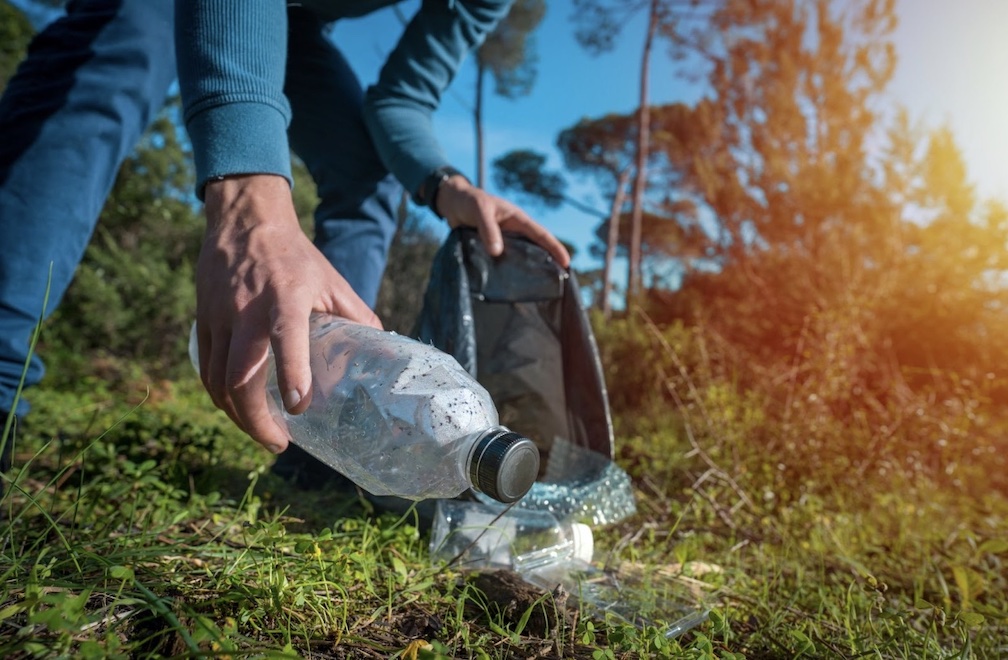Why should businesses switch to biodegradable plastic?
- Written by Daily Bulletin

Are you aware of the environmental impact of conventional plastic? It's time to turn your attention to a revolutionary alternative - biodegradable plastic. This innovative solution breaks down into natural elements like water, carbon dioxide, and biomass, causing significantly less harm to our environment than its non-biodegradable counterparts.
Imagine a world where the plastic we use has a minimal environmental footprint, from resource extraction and production to disposal or reuse. That's the promise of biodegradable plastics. They offer a more efficient manufacturing process, consuming less energy and reducing our carbon footprint.
But the benefits continue beyond there. Biodegradable plastic packaging, like our sugarcane straws, can help reduce food waste by extending shelf-life and providing superior preservation compared to traditional packaging.
Isn't it time you made the switch? Embrace the future of sustainability with biodegradable plastic. Your planet will thank you.
The Benefits of Biodegradable Plastic
Less Harmful Emissions
Biodegradable plastics are made from renewable sources such as plants, which are considered to have a much lower environmental impact than traditional plastic. The production of bioplastics emits less carbon dioxide, nitrogen oxide, sulfur dioxide, and other harmful emissions than conventional plastics. This makes it a much more eco-friendly and sustainable solution for packaging materials.
Reduced Energy in Production
Compared to traditional plastics, biodegradable plastics require less energy during production. This is because the production of bioplastics involves fewer chemical processes and does not require as much heating. This makes bioplastics a more efficient and cost-effective alternative to regular plastic.
Less Waste
Biodegradable plastics are designed to decompose over time, breaking down into natural elements such as water, carbon dioxide, and biomass. This makes them much less likely to become litter in the environment than traditional plastic. Furthermore, packaging often uses bioplastics to extend shelf-life and preserve food, reducing food waste.
Comparison with Traditional Plastic
Compared to traditional plastic, biodegradable plastic offers a range of advantages, including less harmful emissions, reduced energy in production, and less waste. The production of conventional plastic is energy intensive and emits harmful emissions into the environment. Furthermore, traditional plastic is not biodegradable and can remain in the environment for hundreds of years, creating plastic pollution. In comparison, biodegradable plastic is a much more eco-friendly and sustainable solution that can help to reduce plastic pollution.
Case Studies of Successful Switch to Biodegradable Plastic
These real-world examples show that switching to biodegradable plastic is viable for companies and cities that want to reduce their environmental impact. The benefits of biodegradable plastic, such as less harmful emissions, reduced energy in production, and less waste, make it a much more sustainable and eco-friendly alternative to traditional plastic.
Anchor
New Zealand's Anchor, a major milk producer, has launched a 2-liter milk bottle made from renewable sugarcane for its plant-based products. The company plans to expand its eco-friendly packaging options based on consumers' feedback.
Apeel
The company creates a plant-based protective layer around produce to reduce fresh food and existing materials packaging waste. The product is made from materials already existing in fruits and vegetvegetablesbles' seeds, peels, and pulp.
BAM!
BAM!, a Belgium zero-waste grocery store, offers a selection of dried foods and ready meals that come in either completely compostable packaging or in glass jars that are reusable or returnable.
Ecologic
This company has been manufacturing paper bottles since 2008. These bottles are made entirely out of recycled and recyclable materials. The inner liners of the bottles are made of recycled plastic switching. In contrast, the outer shell is made of recycled cardboard and newspapers.
Frosta
Frosta, a German-based frozen food company, created products with 100% plastic-free packaging made from paper from FSC-certified forestry and water-based ink. Frosta is the first German company to develop plastic-free packaging for frozen meals.
Conclusion
Switching to biodegradable plastic is essential for protecting the environment and reducing plastic pollution. Unlike traditional plastic, biodegradable plastic emits less carbon dioxide, nitrogen oxide, sulfur dioxide, and other harmful emissions during production. It also requires less energy during production and decomposes naturally, reducing waste. Moreover, bioplastic packaging can reduce food waste by extending shelf-life and providing better preservation.
With numerous successful case studies of companies and cities switching to biodegradable plastic, there is no doubt that it is a viable and sustainable alternative to traditional plastic. We encourage everyone to switch to biodegradable plastic and contribute to a healthier and more sustainable future.




